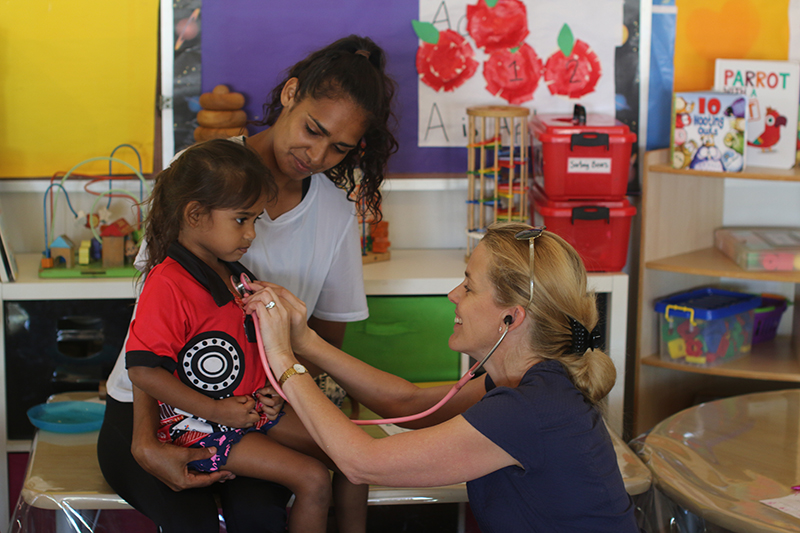Search
Showing results for "early life"
Research
MK2 inhibition induces p53-dependent senescence in glioblastoma cellsIn response to DNA damaging chemotherapy, targeting MK2 in p53-mutated cells produces a phenotype that is distinct from the p53-deficient phenotype
Research
Validation of intellectual disability coding through hospital morbidity records using an intellectual disability population-based database in Western AustraliaTo investigate how well intellectual disability (ID) can be ascertained using hospital morbidity data compared with a population-based data source.
Research
A reference collection of patient-derived cell line and xenograft models of proneural, classical and mesenchymal glioblastomaWe present a curated panel of 12 readily-usable, cell lines representing the spectrum of molecular subtypes of IDH-wildtype glioblastoma
Research
Feasibility of assessing diet with a mobile food record for adolescents and young adults with down syndromeThe aim was to assess the feasibility of assessing diet with an image-based mobile food record application in 51 adolescents and young adults with Down syndrome.
Research
Improved Survival in Down Syndrome over the Last 60 Years and the Impact of Perinatal Factors in Recent DecadesImproved survival for children born with Down syndrome over the last 60 years has occurred incrementally, but disparities still exist
Research
Association of gestational age at birth with reasons for subsequent hospitalisation: 18 Years of follow-up in a Western Australian population studyPreterm infants are at a higher risk of hospitalisation following discharge from the hospital after birth.

News & Events
Wet cough campaign aims to nip lung disease in the budThe Kids Research Institute Australia lung health researchers have launched a campaign to raise awareness of wet cough and lung disease in Aboriginal children.

News & Events
The Kids Research Institute Australia researchers share in TPCHRF fundingEight The Kids Research Institute Australia researchers are among those who have received grant funding from the Telethon-Perth Children’s Hospital Research Fund (TPCHRF).
News & Events
Sugary drinks in teens linked to risk for cardiovascular diseaseResearch shows teenagers who drink more than one can of sugary drink a day are at higher risk of developing diabetes and cardiovascular disease in later life.

